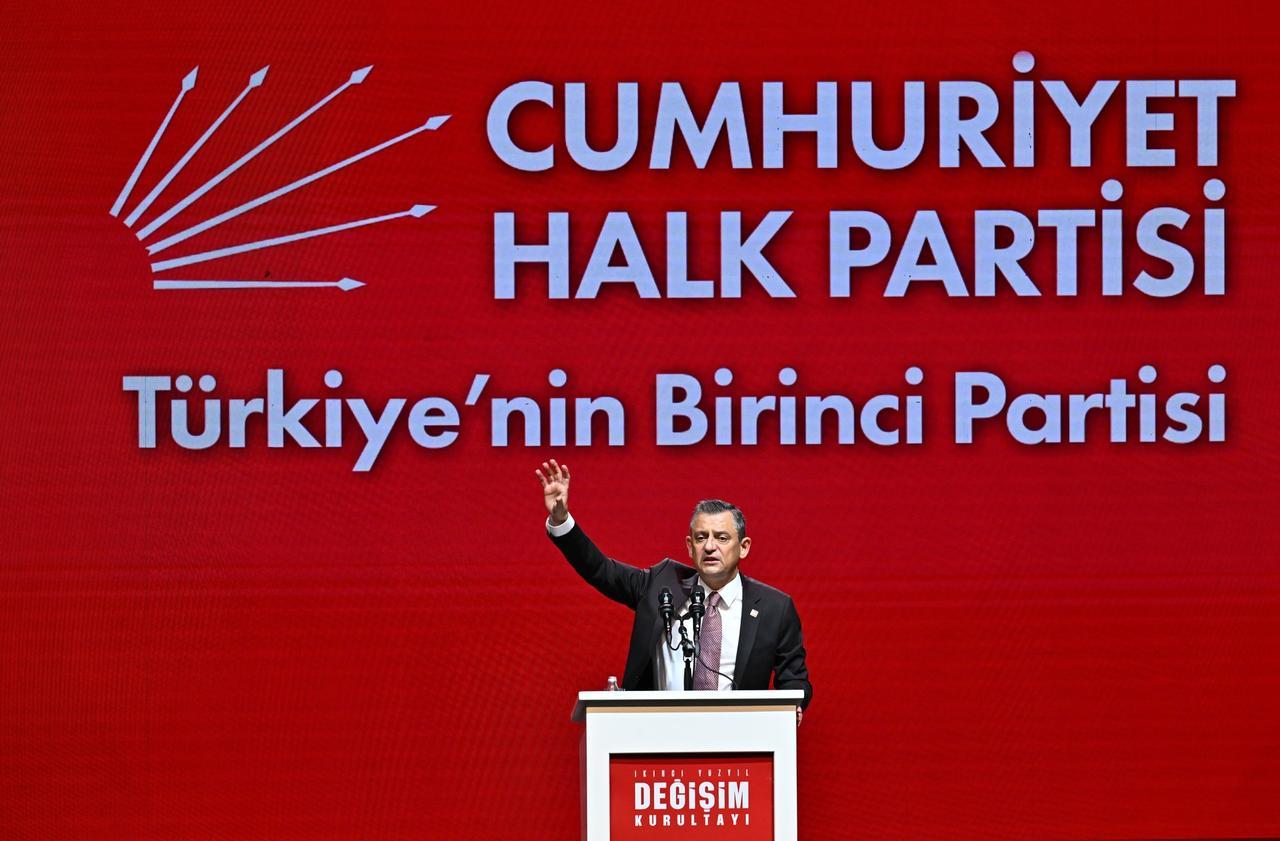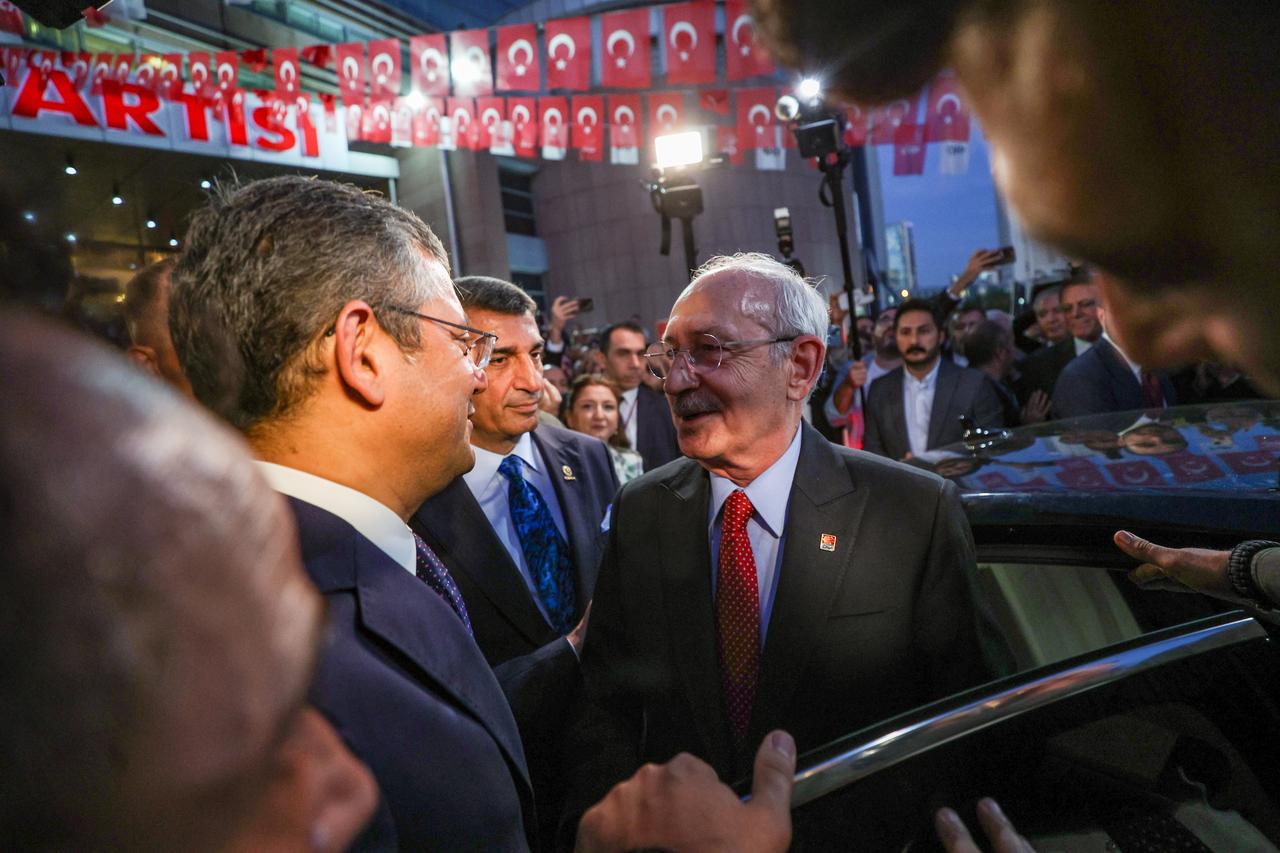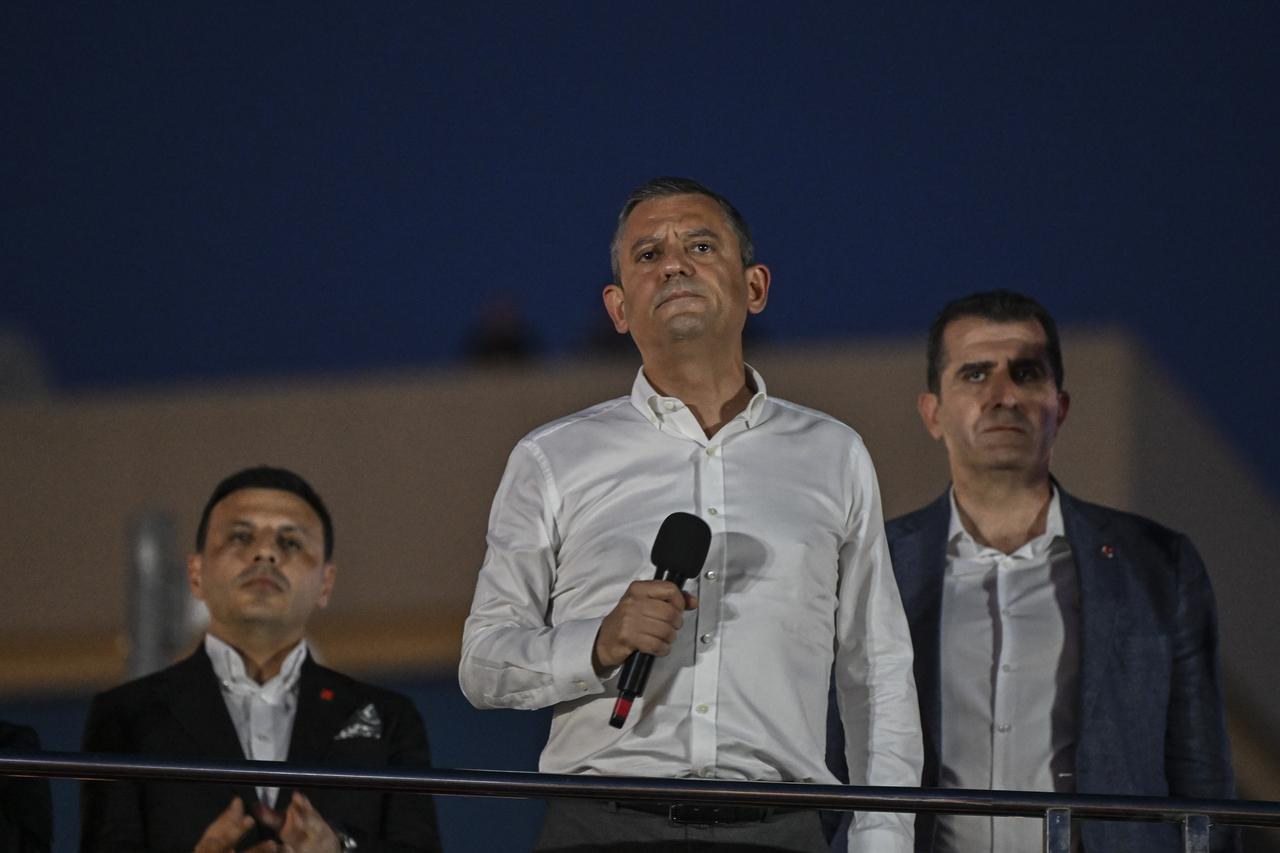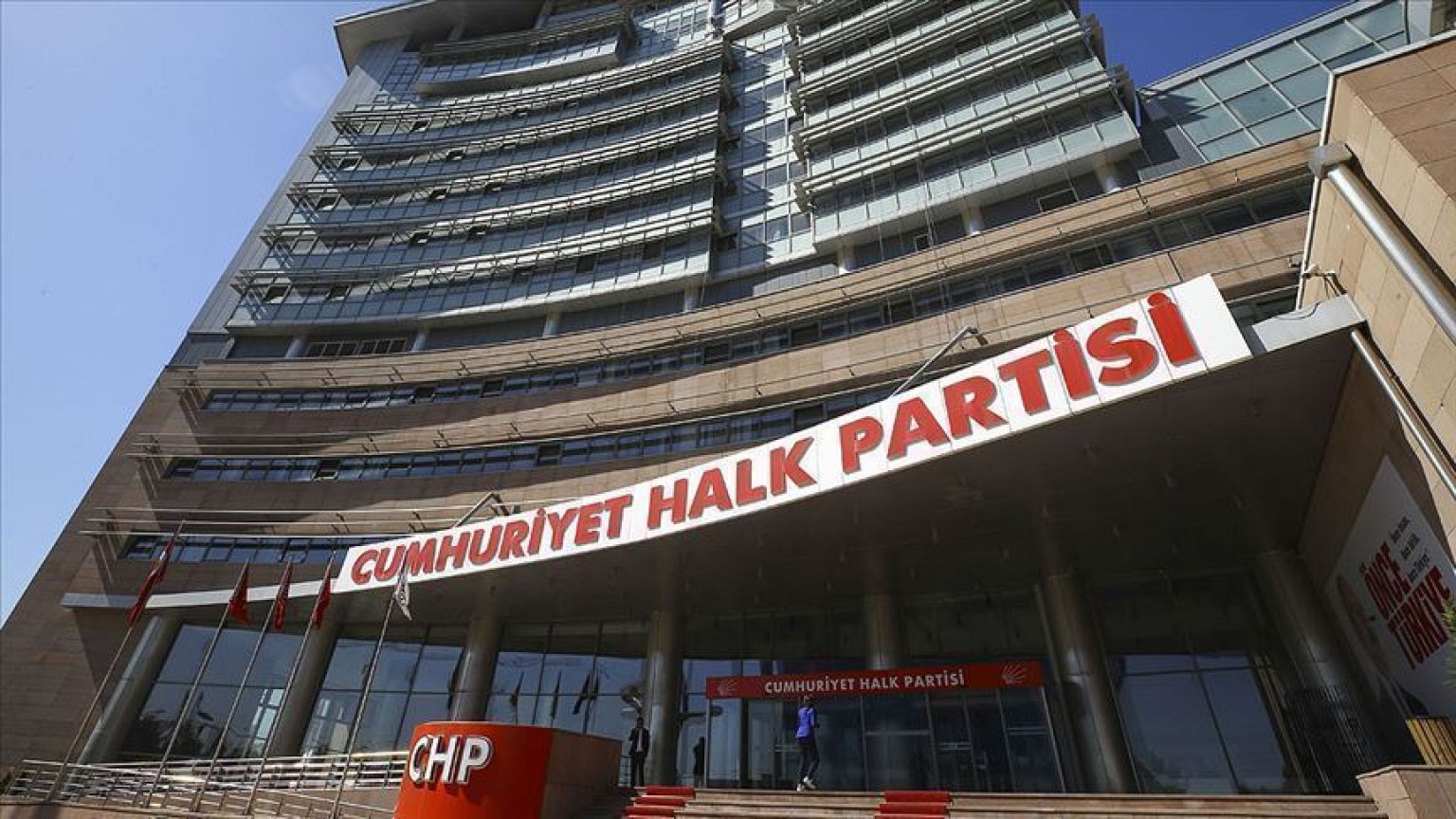
At a rally on Jan. 4, Republican People's Party (CHP) leader Ozgur Ozel issued a fiery warning to Istanbul’s Chief Prosecutor Akin Gurlek—who is leading the investigation into Ekrem Imamoglu—declaring, “Akin, you’ve met your match. If I come, I’ll tear everything apart. Get your act together.”
Later that day, following the rally, an official investigation was launched against Ozel in connection with his remarks.
The opposition leader's remarks were part of a larger strategy to keep his party’s base on alert and engaged in the public sphere while rallying support for the imprisoned mayor, Imamoglu.
Throughout the rallies, CHP’s chair has recently adopted a much firmer and more assertive stance in political discourse, particularly concerning internal party affairs and external political pressure.
From the beginning, the party has aimed to balance escalating tensions and negotiating, gradually ramping up its rhetoric against carefully picked names.

CHP Convention Case and Ozel’s response
Ozel’s transformation was particularly evident in his comments regarding the upcoming CHP convention case, scheduled for June 30th. Historically, Ozel had refrained from commenting extensively on the case, instead letting the legal process unfold without public commentary.
However, in a marked departure from his previous approach, Ozel aggressively addressed the issue during a group meeting on Tuesday, directly challenging the legal battle over the leadership of the CHP.
His remarks were laced with defiance and a call to arms against what he views as external attempts to undermine the party.
In his speech, Ozel stated that the ongoing legal proceedings were part of a broader plan to weaken, marginalize, and destabilize CHP, comparing the situation to previous efforts to remove the party’s leadership by non-democratic means.
He emphasized that no outsider would be allowed to take over the party through judicial maneuvers, positioning himself as a defender of the CHP's founding values. "We are here, and we will not surrender," he remarked.
Party's defiance toward interior and exterior challenges
Ozel’s robust stance continued to unfold as he accused the judiciary of being complicit in a systematic effort to push his party out of the political system, using extra-legal means to target party members.
His fierce condemnation was directed at the judicial system, which he claims has been weaponized to attack his leadership. He argued that the legal system in Türkiye has been increasingly politicized, with political decisions being masked as judicial rulings.
During his last rally in Istanbul, Ozel further expressed his anger at the police operations targeting CHP members, comparing the scenes of detained individuals being paraded before the media to images of a concentration camp.
These visuals, which were widely shared, prompted a sharp rebuke from Ozel, who held the chief prosecutor directly responsible for the "humiliating" treatment of detained individuals.
This marked another step in Ozel's transition from a more reserved figure to one willing to engage in direct confrontations with both the judiciary and political opponents.

The growing divide
A recurring theme in Ozel’s recent statements is the growing divide between CHP and Türkiye's increasingly authoritarian political environment.
He has frequently pointed out that CHP’s political opposition is not solely facing rival parties or political leaders like President Erdogan, but also the judiciary, which he claims has become a tool of political retribution.
Ozel views this as an unfair battle, where the legal system is being weaponized to target the party’s local leaders and municipal officials.
The detention of local CHP mayors, such as those from Adana and Ceyhan, and the subsequent release of footage showing detainees in degrading conditions, has become a rallying cry for Ozel.
He argues that these actions go beyond mere legal proceedings and are part of a larger strategy to delegitimize CHP through public humiliation and psychological warfare.
Answer to encirclement strategy
Ozel’s recent shift in tone is also calculated. The party was long aware of the encirclement strategy around itself.
According to the analysts, even before the wave of arrests began, there were already attempts to undermine the party’s legitimacy. As the situation appeared to escalate, two choices emerged: to confront or to negotiate.
Some analysts within the party advised against pushing too hard against the government, which controls the state tools’ power.
On the other hand, some believed that CHP’s broad and unified base would push back against any attempts to marginalize the party and hoped the government would make that misstep.
The process previously applied to the People's Equality and Democracy Party (DEM Party) had now brought them to the table with the government. However, the prevailing belief was that CHP was not an easy target to defeat.
In this context, Ozel’s decision to adopt a more combative tone seems like a deliberate choice to push back against these pressures.
During a recent live appearance on Tele1, Ozel openly acknowledged that the tone within CHP has become more confrontational, stating, “As they become more aggressive, I too will become more aggressive.” Ozel’s strategy now is to confront and challenge, signaling to both allies and adversaries that CHP is not simply reacting but actively fighting back.

Risks and potential rewards of Ozel’s approach
The risks of Ozel’s more aggressive approach are many. While this may galvanize party members and energize CHP's base, it could also alienate moderate voters and lead to further isolation for the party.
The move to escalate political rhetoric and challenge the judiciary could also provoke more aggressive crackdowns from the government, making it harder for the CHP to operate freely.
However, if Ozel’s strategy succeeds, it could lead to a realignment of Türkiye’s political landscape. By positioning CHP as the primary opposition to both the government and the judicial system, Ozel could potentially secure a stronger, more resilient position for the party.
This approach may also resonate with voters who are disillusioned with the current political order and who seek a more forceful opposition party that is not afraid to challenge authority.
There is another reality that the party leadership must consider to achieve this. According to recent polls, the public is not fond of the increasingly sharp tone of politics. Recognizing this, CHP’s leadership is carefully selecting where to sharpen its rhetoric.
While criticizing figures with no public support, such as prosecutor Akin Gurlek himself, the party chair doesn't hesitate to shake hands with figures like Bahceli.
Only time will reveal which approach will prove more viable for both the party and Turkish democracy.